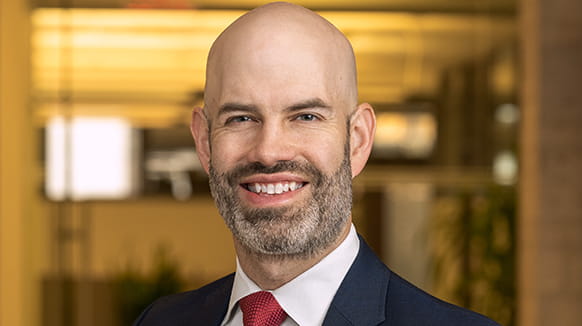Partner Adam Sencenbaugh was quoted in a Law.com article on how ride share companies are at risk of enforcement by the Labor Department. Read an excerpt below:
Georgia and Alabama are among the latest states to weigh in on the debate over how to classify gig workers by enacting laws stating Uber and Lyft drivers are independent contractors, and not employees entitled to protections afforded by employment laws.
But a hotly anticipated rule by the U.S. Department of Labor, which is expected to make it harder for employers to classify workers as independent contractors, has the potential to blunt the state laws’ impact. …
Adam Sencenbaugh, a partner with Haynes Boone who represents employers, agreed with Gemoets that such a rule by the federal agency could make it hard for Georgia and Alabama to enforce their new laws for ride-share drivers, who could argue the states’ classification of them as independent contractors conflicts with their status as employees under federal law. …
Companies like TaskRabbit, which matches customers with workers who can help them perform tasks and have exploded in popularity in recent years, also will be at risk of enforcement from the Labor Department, since those companies “have workers performing what appears to be the core service that the company is providing,” Sencenbaugh said.
Given the Labor Department’s “attempt to roll back the Trump rule has already been enjoined,” Sencenbaugh said, it’s possible a new rule that looks like the California and Massachusetts standards—which he characterized as a “dramatic swing” away from the Trump standard—also would not survive a litigation challenge. But employers still need to prepare to avoid potential scrutiny by the Labor Department.
“I think the most dangerous [thing] is when you have employees and independent contractors working side by side doing the exact same thing. That’s a classic example of something that would be a red flag,” Sencenbaugh said.
“With the change in rule … you’re likely going to see more enforcement. So I think employers need to think about, on close calls, do we want to risk misclassification, or should we just go ahead and classify this person as an employee, just to be cautious?” he added.
To read the full article from Law.com, click here.
